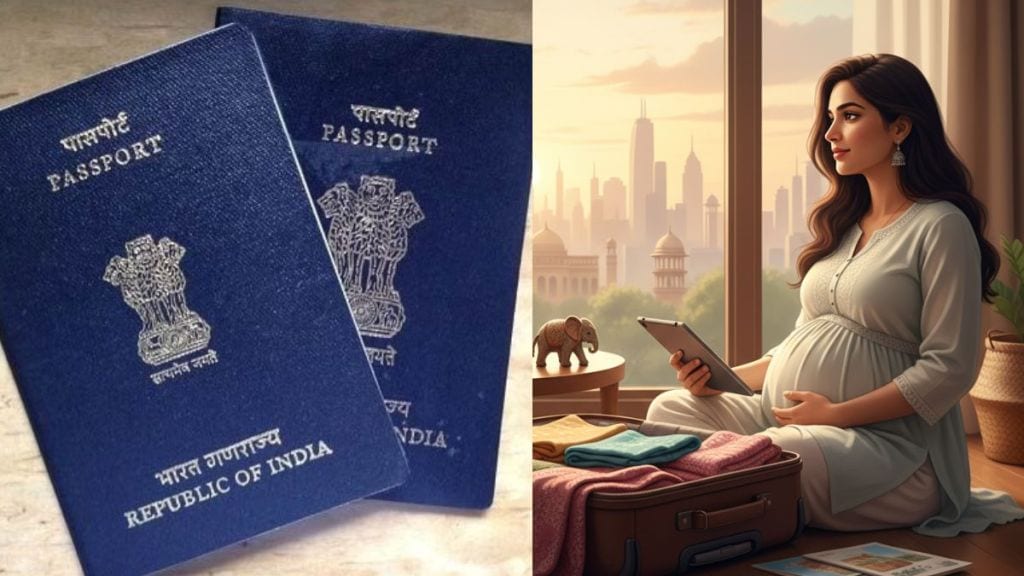Pregnancy is a special time in a woman’s life, one that calls for care, support, and moments of joy. But for one NRI woman, it is also bringing big decisions.
As she prepares to welcome her first child, she is thinking seriously about when might be the right time to move back to India.
She is currently living abroad but is considering relocating to Bangalore.
Her reasons are both practical and emotional: she wants to be closer to family, raise her child with Indian values, and enjoy the cultural connection that comes from growing up in the motherland.
She is also thinking about the kind of support system she’ll have back home, especially in the early years of parenting.
What does the post explain?
“We are currently pregnant and will be having only one kid. We are thinking of moving to Bangalore,” the post begins. “My concerns are kid’s education and adjustment to the compulsory Kannada language (and culture) there. Moving as soon as possible with a baby will be good in terms of support for baby care. But the more we can stretch, more will our savings be before we make the move.”
This kind of dilemma is something many first-generation immigrants face. On one hand, raising kids abroad comes with benefits like global education, better facilities, and even the chance for dual citizenship.
On the other hand, there is a strong pull to return to India, to be closer to extended family, stay connected to cultural roots, and have the support of a familiar community while raising a child.
What is birthright citizenship?
Birthright citizenship means that if you are born in a country, you automatically become a citizen of that country, just by being born there.
In the United States, this rule is based on a principle called jus soli, which means “right of the soil.” So, anyone born on US land becomes a US citizen, even if their parents are not citizens or are in the country illegally.
This right is protected by the 14th Amendment to the US Constitution, which says that anyone born in the US and under its laws is a US citizen.
In this case, even though the baby would be a US citizen by birth, the parents are planning to move to India soon after the birth.
They prefer raising their child in India and are curious about the best age to relocate their kids to the motherland, while rejecting the idea of their child benefiting from US citizenship.
‘Earlier the better’
Netizens also posted their opinion. A user noted, ” I think the earlier the better but from what I’ve been told, before 6 or 7 would be best. If your kid grows up there from a young age, they will pick up Kannada. Even kids moving from one state to another in India struggle in the beginning.”
Another claimed, “Before 5-7. Also prepare your kid for this.. dont get it into his mind that America is something special.. everyone country has its problems.. adaptability is key.. this inhave ingrained into my son. He had no issues. 7 yrs old.”
“Not only the studies, even they have to get adjusted to the culture as well. 7-9 is a good range,” stated a netizen.
“Ideally, before elementary school so there is no shock. In the meantime teach them the language,” added another.
“Kids can pickup language quickly plus half the affluent kannadiga kids here speak in that obnoxious accented English not can’t even speak kannada without stumbling half way from Bangalore to Bombay. So chill about that your main issues must be mindset , opportunity cost , culture, health , pollution and social life. Also please make sure your kid has a different passport if that’s possible the rest is fine as long as you fit in well in Bangalore your kid will do the same( age less than 6 preferably at 8),” noted a user.


